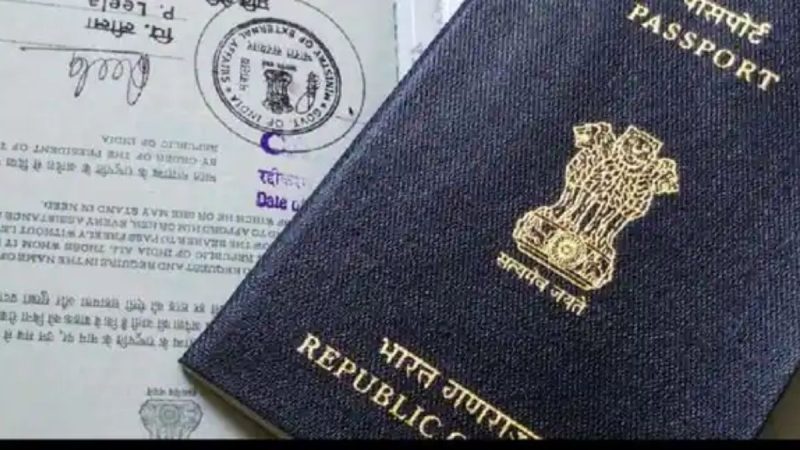The sales of premium basmati rice, India has announced a significant reduction in the minimum export price (MEP) for this aromatic grain. The decision, which comes after complaints from millers and traders regarding a sharp drop in exports, is expected to benefit both the rice industry and farmers.
The new floor price for basmati rice exports has been lowered to $850 per metric ton, down from the previous rate of $1,200 per ton. This move aims to facilitate exports and provide relief to millers and traders who had been struggling with the higher pricing.
The MEP had been initially set at $1,200 a ton last month to safeguard against non-basmati rice being exported as basmati rice. This regulatory change also aligned with India’s policy to permit exports based on government permissions and food security needs of other countries.
In a recent development, India allowed the export of 75,000 tonnes of non-basmati white rice to the United Arab Emirates, following a temporary ban on such exports imposed earlier to stabilize domestic prices and ensure food security within the country.
Prem Garg, President of the Indian Rice Exporters Federation, welcomed the decision to reduce the basmati MEP, highlighting its positive impact on farmers and the overall rice sector. Garg explained that since basmati rice is not commonly consumed within India, and with the new crop season approaching, the country faced the risk of an oversupply, which could have led to plummeting prices and harmed farmers.
India and Pakistan are known for cultivating premium basmati rice varieties, with India being a significant exporter, shipping approximately 4 million tons to countries like Iran, Iraq, Yemen, Saudi Arabia, the United Arab Emirates, and the United States.
Vijay Setia, a prominent exporter from Haryana, praised the decision, emphasizing that the previous MEP of $1,200 per ton had hindered most millers and traders from exporting basmati rice.
This adjustment in the MEP is seen as a strategic move to strengthen India’s position in the global basmati rice market and support its rice industry in the face of challenging export conditions.






